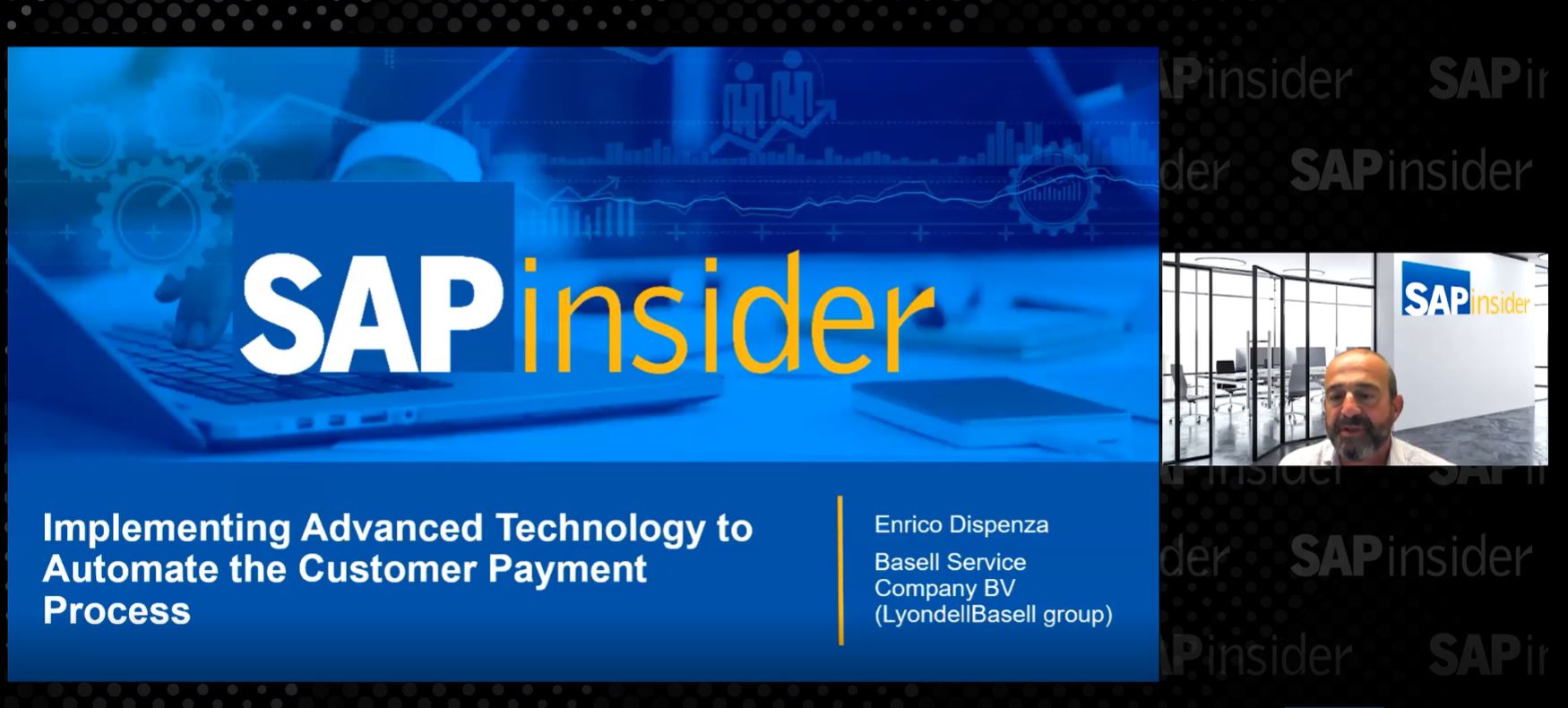Mexico Moves Beyond eInvoicing and Is Now Tracking Payments
Mexico continues to push through the most comprehensive electronic invoicing initiatives in the world. The newest addition transitions its invoice tracking for tax payments from registration to collections. In other words, Mexico is now tracking the money.
Other countries have adopted similar “recipient acknowledgement” processes, including Brazil with the Manifestação do Destinatário and Chile with their version of the Acuse de Recibos. But no country to date has released a mandate like this to track the actual payment receipts.
This is a major change in the Mexican government’s ability to address value added tax (VAT) remittances. Fundamentally, they are asking for information about when taxes are actually collected. Remember that in countries such as Mexico, VAT is due within a certain time period after collections. This differs from other markets, such as Brazil, where VAT is most often triggered by the physical delivery of the goods.
Why is this new Pagos – or “payments” – requirement being implemented by the Mexico Tax Administration Service (SAT)? There are a few reasons:
- The SAT was not able to track partial payments. With this new complemento, you won’t lose the relationship between the invoices and the payments.
- The SAT wanted an easier way to distinguish invoices from payments.
- Companies were paying invoices without VAT.
- Suppliers were cancelling invoices after being paid by the client and avoiding VAT collections.
Once this law is in effect, the following payments scenarios will be impacted:
- Payments where there is a government VAT associated. You will have to produce a Pagos in these situations. The main exception is if you are paid at time of invoice, such as in a point of sale retail transaction.
- Anticipos, or down payments, regardless of whether goods are delivered upon down payment or not until after all payments are made.
- Partial payments or installment payments, such as project milestone payments.
- Payment terms, i.e. net 30/60/90 days.
- Payments that are realized without exchange of currency, i.e. services paid for via fixed asset exchange, designated as “XXX.”
This regulation takes effect in July, 2017, along with the new CFDI 3.3 regulations.
It’s important to remember that Mexico’s tax authority, the SAT, announced its implementation of real-time, electronic audits late last year based on the collections of eAccounting reports. eAudits are designed to speed up the auditing process and minimize the time it takes for taxpayers to correct compliance errors, therefore increasing the likelihood that they will pay the appropriate taxes and fines. This new requirement only creates another audit data point for the government. Now they will know what you sold, what you paid, and what you actually collected.
These changes will require an overhaul of financial SAP processes for businesses with operations in Mexico. And with the deadline quickly approaching, the potential penalties of noncompliance are too great to risk not getting a solution in place today. Are your SAP systems prepared for this new initiative?
To speak with an expert about preparing for the upcoming requirements, contact us here.








